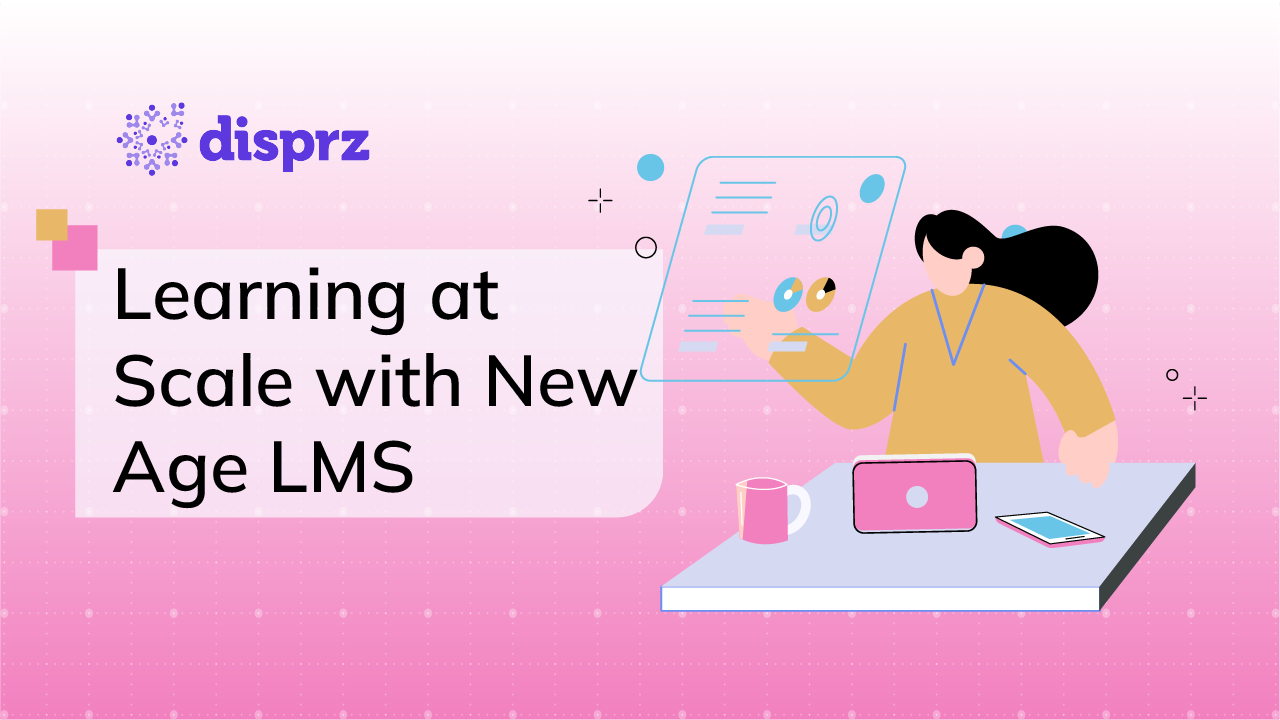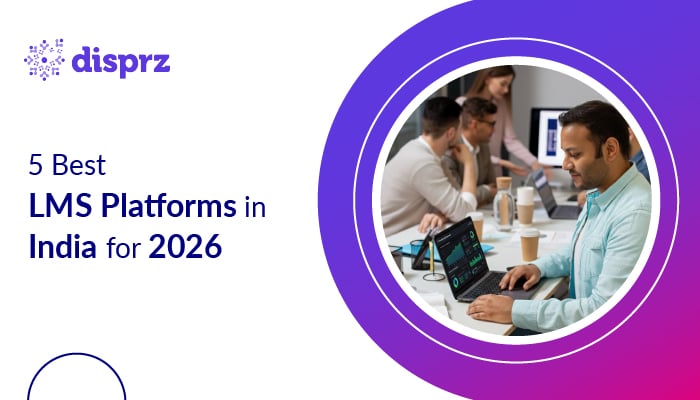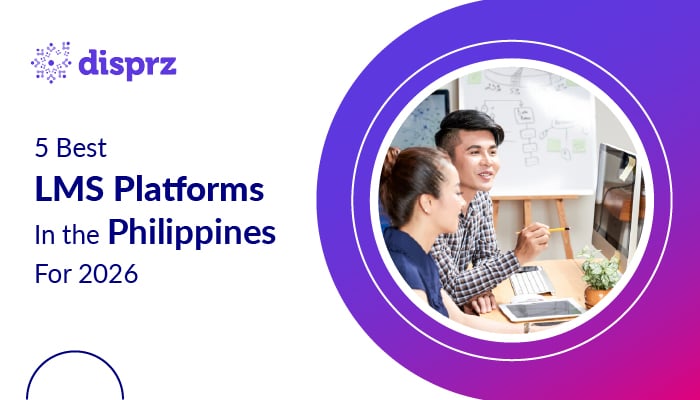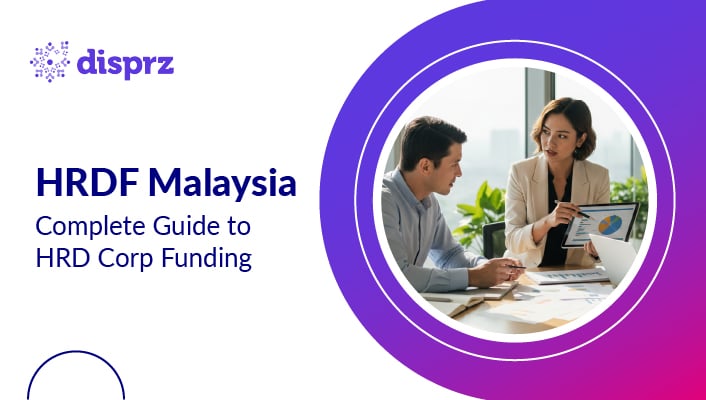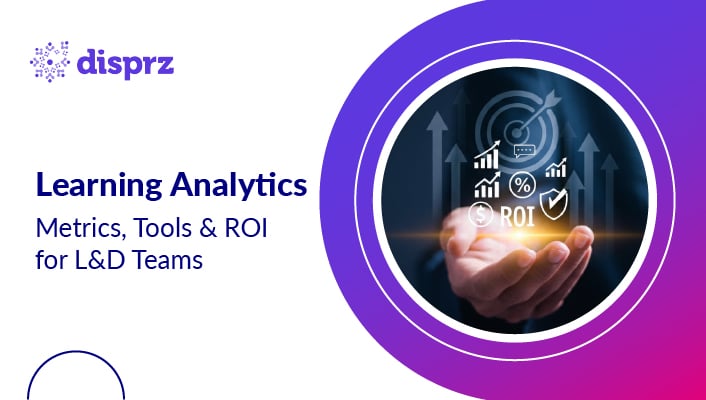The Covid-19 pandemic was a combination of general guidelines, infection fear, and uncertainty leading to disrupted global value chains and economic activity contraction. The imposition of lockdowns and firms’ closures considerably impacted millions of businesses and their respective workforce worldwide. 50% of Asia-Pacific CEOs feel that reskilling is critical to bridge gaps in capabilities for companies’ future success.
The organizations embraced remote working arrangements by reskilling and upskilling employees to overcome these new challenges. There are skill gaps with the technological advancements becoming a challenge for companies, mainly in health care, manufacturing and construction industries with demand for skilled workers. Businesses, before the pandemic, send the employees to workshops or classes or arrange them on-site. However, in-person learning became challenging or impossible for companies during the pandemic.
Need For L&D Shift In Employee Training
The need for development opportunities for both remote and hybrid workers emerged without losing personal connection. Learning & Development went through dramatic changes, including onboarding, talent management, and training, transforming customer expectations, new market conditions, and the need for a seamless employee experience. Empowering employees to choose when and where to access learning resources increases engagement and self-fulfillment to enhance the work-life balance.
The content repository seems like an efficient solution to manage this humungous undertaking but fails to deliver on it. The new-age learning management systems (LMS) help create role-based and company-specific information at scale with deeper learning progress visibility. Businesses can monitor progress in real-time and ensure the staff collects the necessary knowledge & experience to reach their objectives.
Difference Between Content Repository & LMS
Content Repository
It offers a collection of pre-recorded videos or documents covering various topics to help your workforce build their skills and groom them with basic learning.
LMS
It helps you offer role-specific information at scale, where the organizations have an insight into the visibility of learning progress and make employee training accessible.
How Can LMS Help Businesses In The Philippines?
Employee upskilling & reskilling have gained much traction in the Philippines, positively affecting employee retention. Companies can choose a scalable learning platform to create multilingual content, personalized learning modules, MOOC integration, track learning, etc.
An article in the ET HRWorld discusses how SMBs in the Philippines benefit from online learning platforms to create a continuous learning culture to build skills. It helps them make higher profits by empowering employees with the proper knowledge. “We have seen a lot of changes. A lot of changes happened because of the pandemic. A lot of new in-demand skills came out resulting from the development, also resulting from the pandemic, and digital transformation and all these things,” said Philippine Trade Training Center (PTTC) Executive Director Nelly Nita Dillera.
How New-Age LMS is Re-Shaping Learning & Development Initiatives?
The previous LMS versions focus on basics like learner enrollment and course administration, but it lacks as it’s complicated for users with cumbersome navigation features. They don’t have modern features like mobile compatibility and gamification. The new-age LMS reshapes learning & development initiatives as it facilitates social & mobile-led training and supports in-depth learning analytics. It’s more than just a medium to deliver training and offers a range of functionalities.
You can join the ECCI & disprz Webinar in the Philippines on “Skilling at scale: why a content library isn’t enough for employee upskilling.” It shares in-depth insights on how businesses can align with team goals and ensure performance breakthroughs with a scalable learning platform for the entire workforce.
Below are the key takeaways from this webinar:
-
Align the team goals to ensure performance breakthroughs for the employees within the organization.
-
Rely on it to transcend geographical boundaries with multilingual capabilities.
-
Scale operations with role-specific learning journeys & track progress with skill-level assessment.
-
Overcome the skilling challenge with disprz to offer skilling to significantly impact their overall KPIs, improve performance, and reduce their attrition rate.



